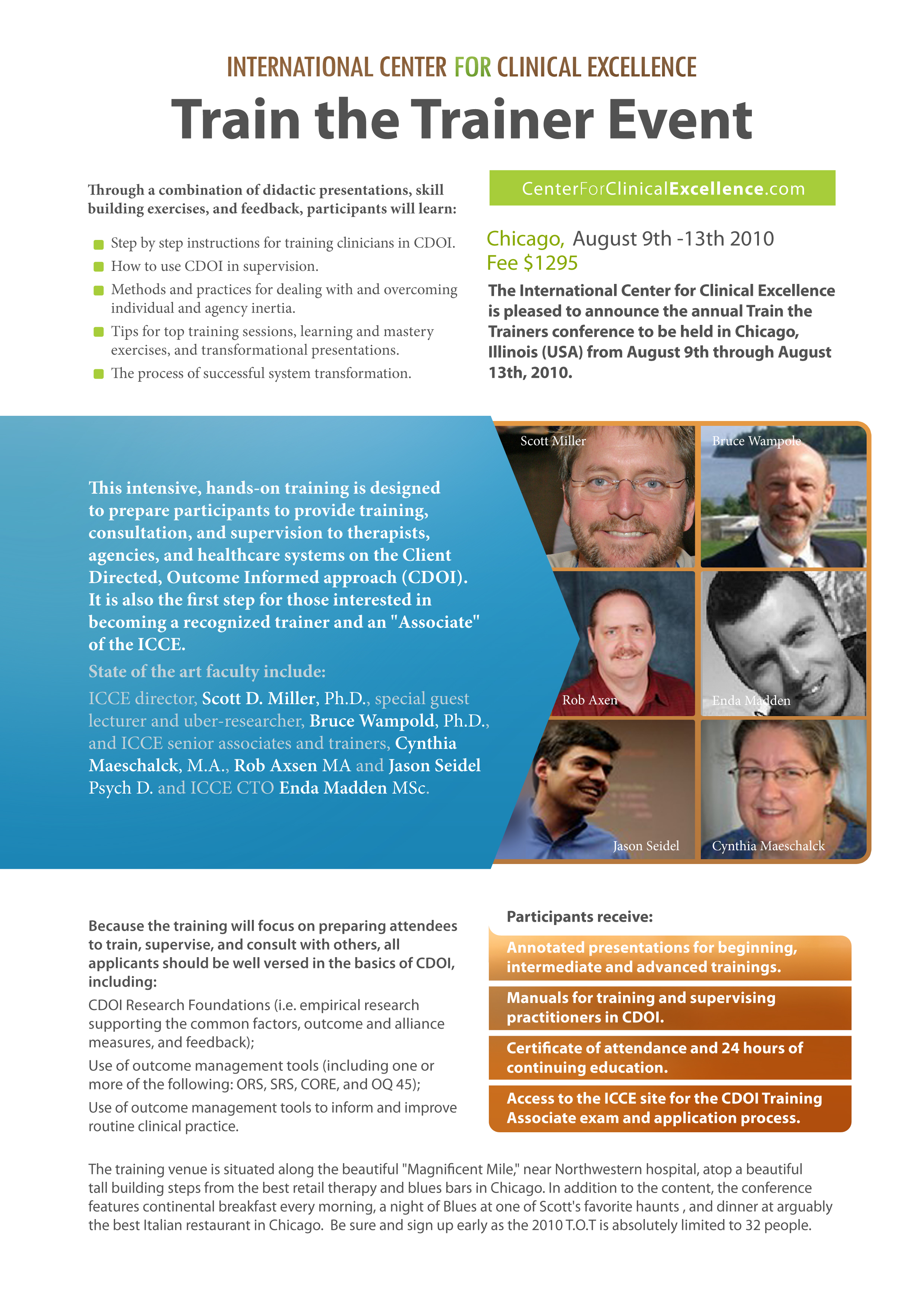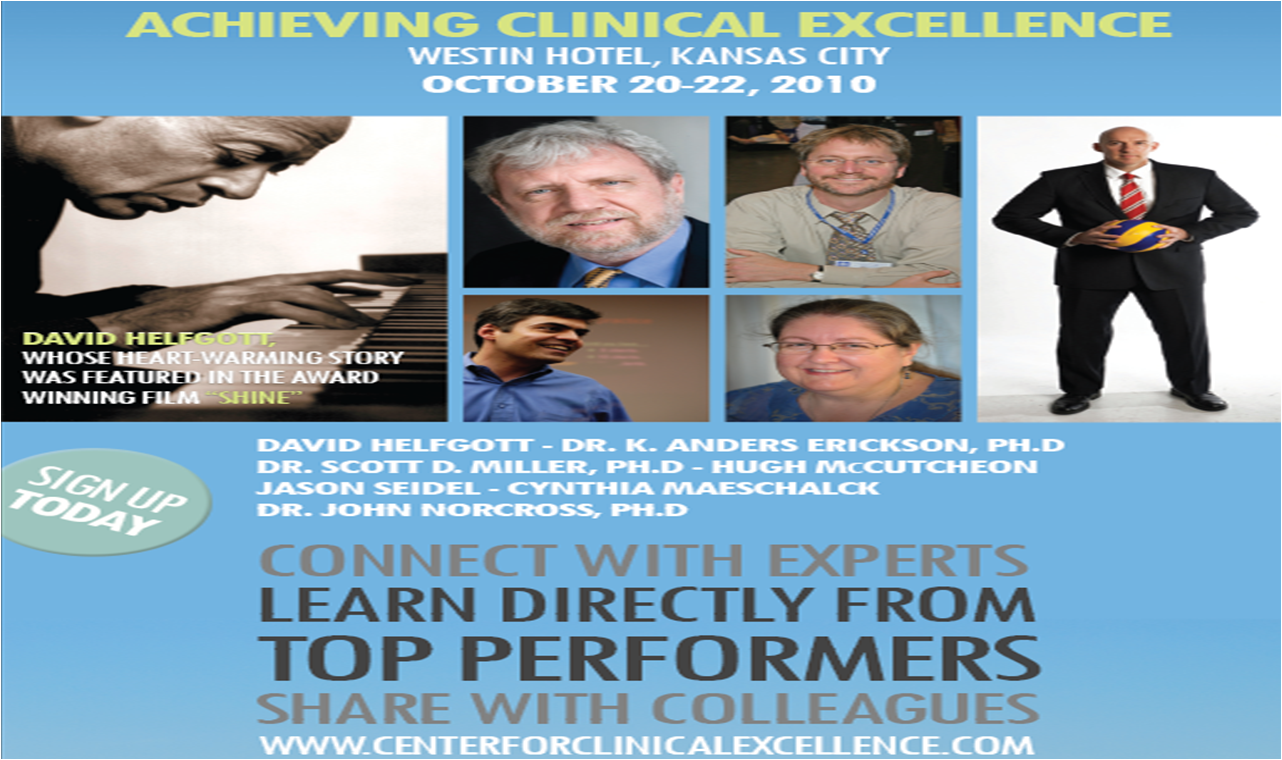
This last month, I spent a significant amount of time traveling around Europe and Scandanavia (Germany, Sweden, Denmark, the Netherlands) working with clinicians and mental health agencies implementing Feedback-Informed Treatment. Not infrequently, people ask me, “doesn’t all the travel wear you out?” My pat response is, “No, not at all! The worst part is being away from my family. But, meeting with practitioners and agency managers always buoys my spirits.” I mean it. I miss my family and the airlines (and airport food) are a real drag. Practitioners are, on the other hand, a different story. Despite the numerous challenges (funding, documentation, regulatory demands, etc.), they persist, working to improve their skills and provide effective help to their clients.
As happened a few months ago, I was in the SAS lounge at the Copenhagen airport, waiting for a flight, enjoying a cup of coffee, and catching up on the news, when I ran across another article by Thomas Friedman that caught my eye. “The plan,” he said, “to work hard and play by the rules to get ahead is now outdated. It takes much more than that.”
Wow, I thought, he’s so right–especially when it comes to the field of mental health. I was raised in an era when “working hard at your job” was the formula for success, the pathway to a fruitful and enjoyable career. As I travel the world, however, I see just how little reason there is to believe in this ideal any longer. The rules have changed. The world, observed Friedman, “is now a more open system. Technology and globalization are wiping out lower-skilled jobs faster, while raising the skill level required for new jobs. More than ever now, lifelong learning is the key to getting into and staying in the middle class.”
As I said earlier, the therapists I meet are working very hard–harder than either I or they ever anticipated. They are putting in more hours and, in many cases, making less money than they did a few years earlier. It’s true! Did you know, psychologists incomes are down 17% in the last decade? Simply put, working hard is a recipe for…eventual failure. If we are to survive and thrive, a change of order–not magnitude–is required.
Recently, Diane Cole addressed the challenges facing practitioners in a special issue of the Psychotherapy Networker. It’s worth a read (click here). Importantly, she doesn’t just bemoan the problems currently facing the field, but provides crucial information for helping each and every one of us take charge of our fate.

.jpg)
.jpg)


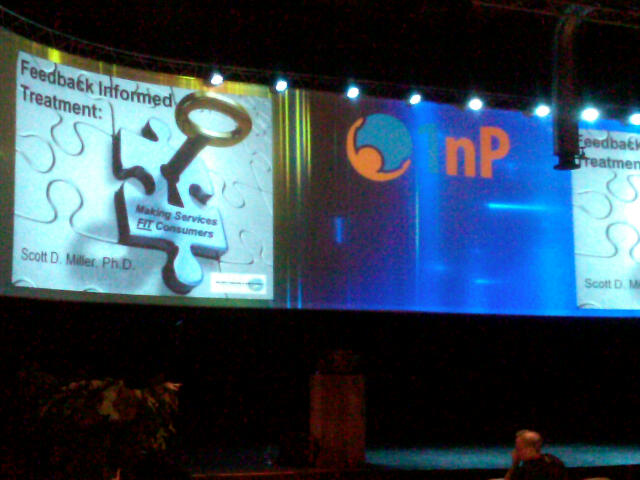
(5).jpg)

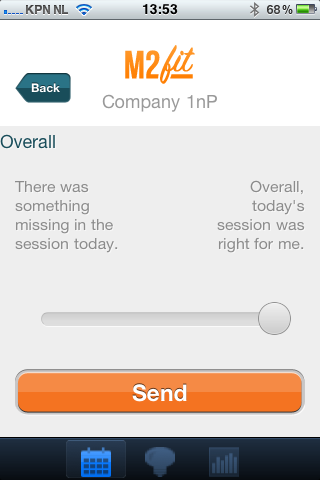


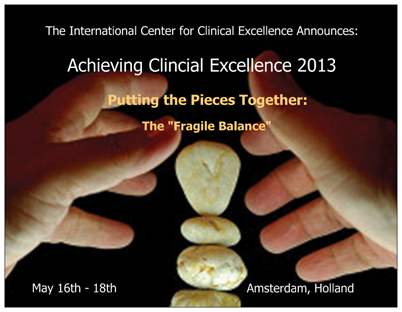

.jpg)





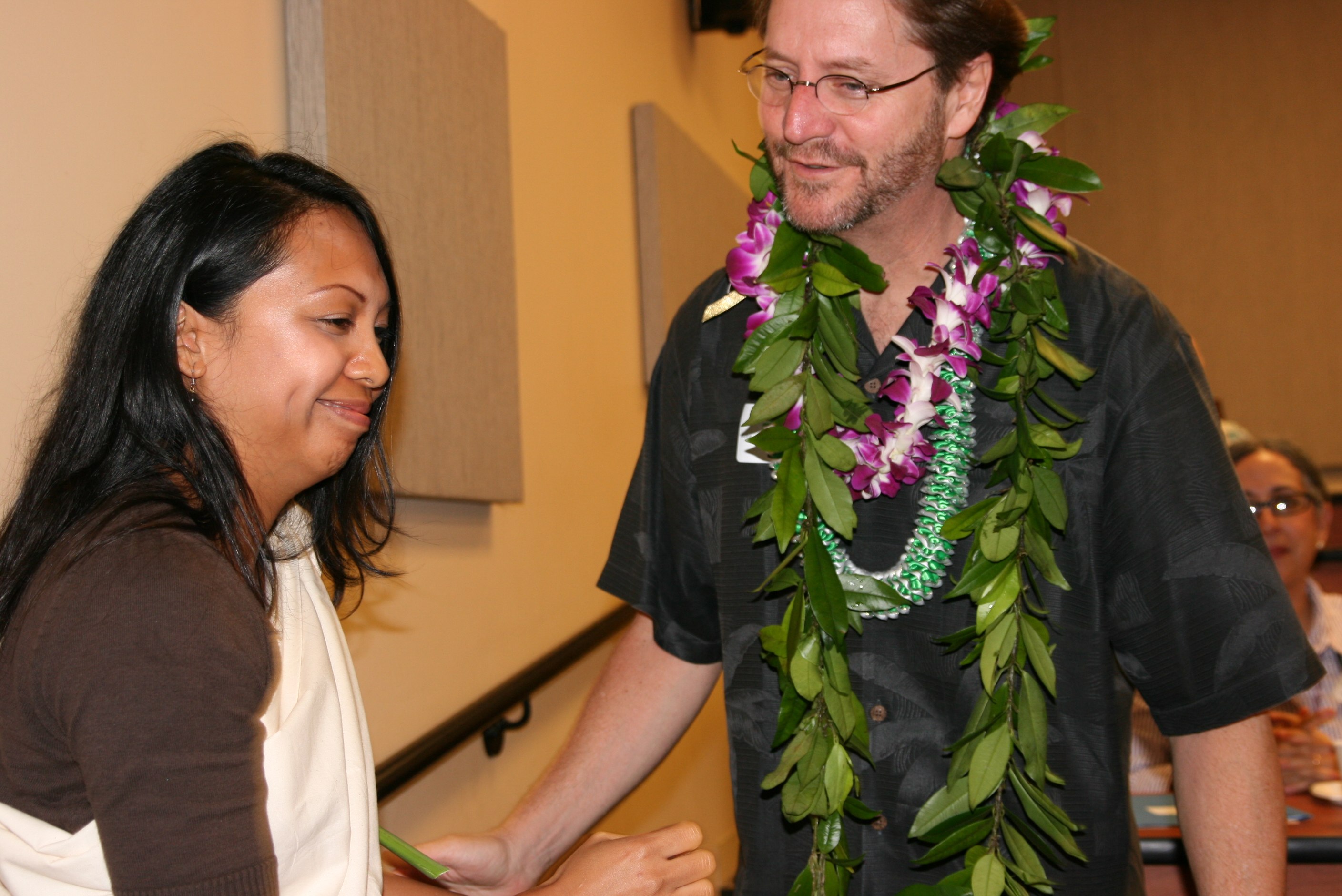
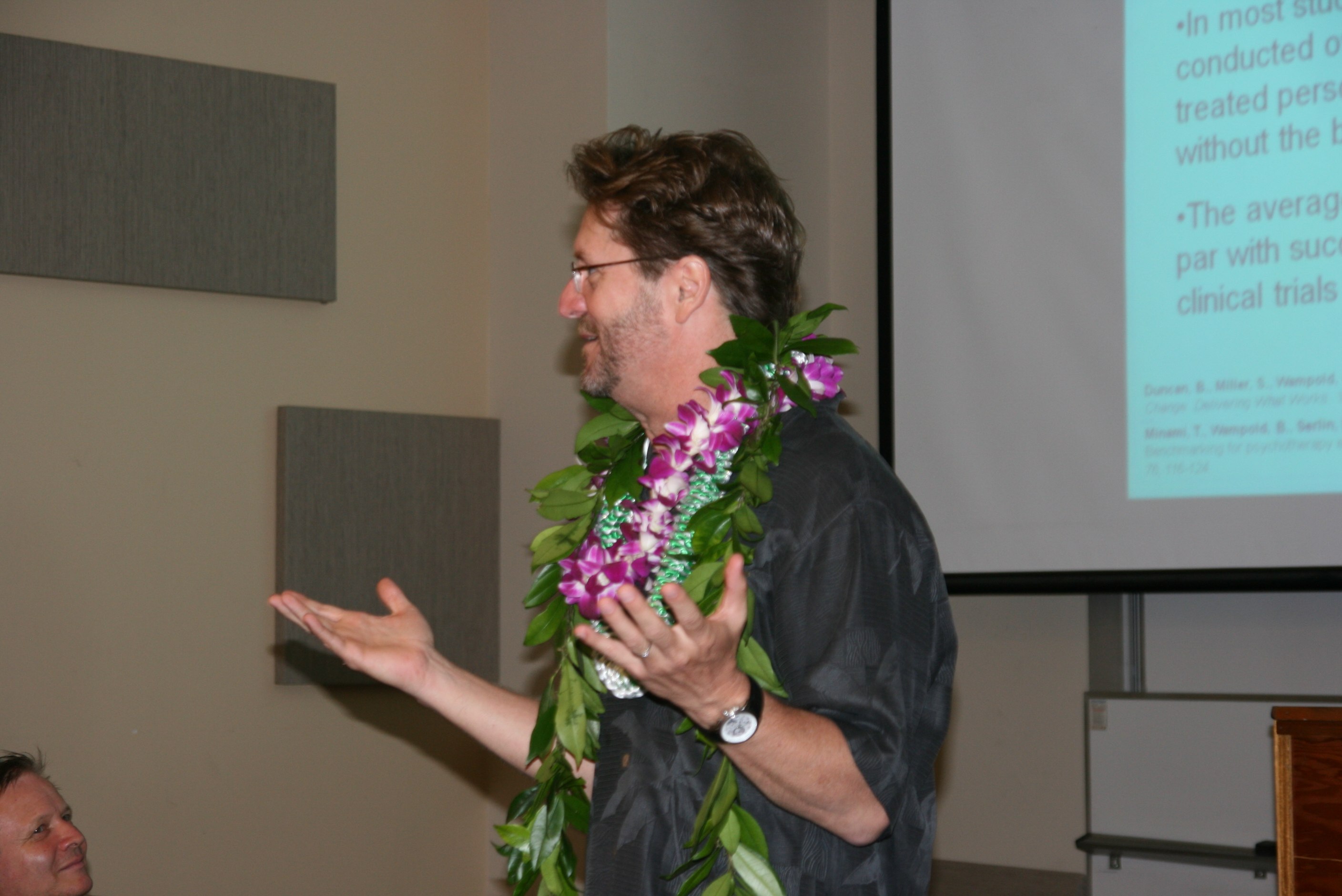


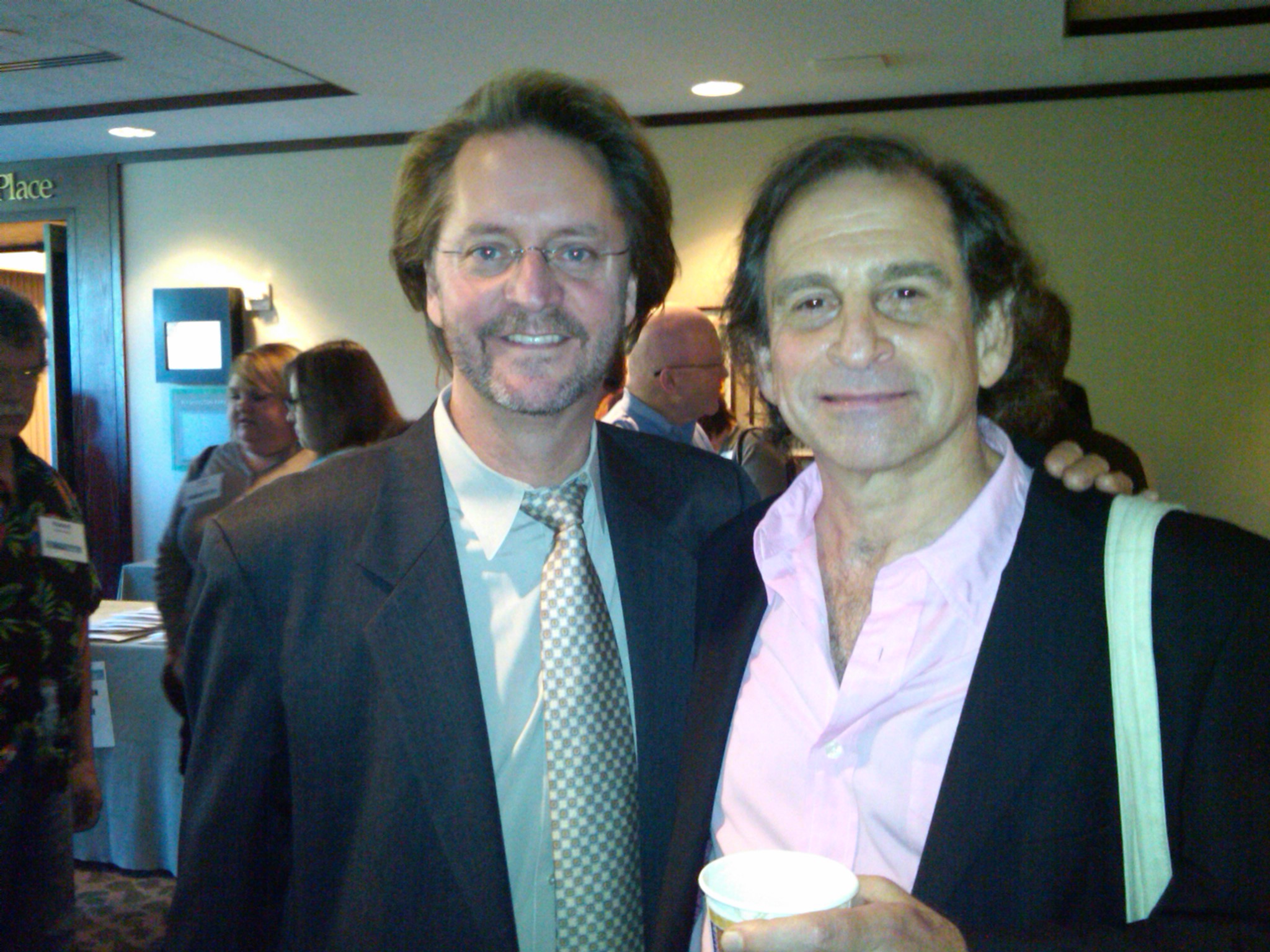
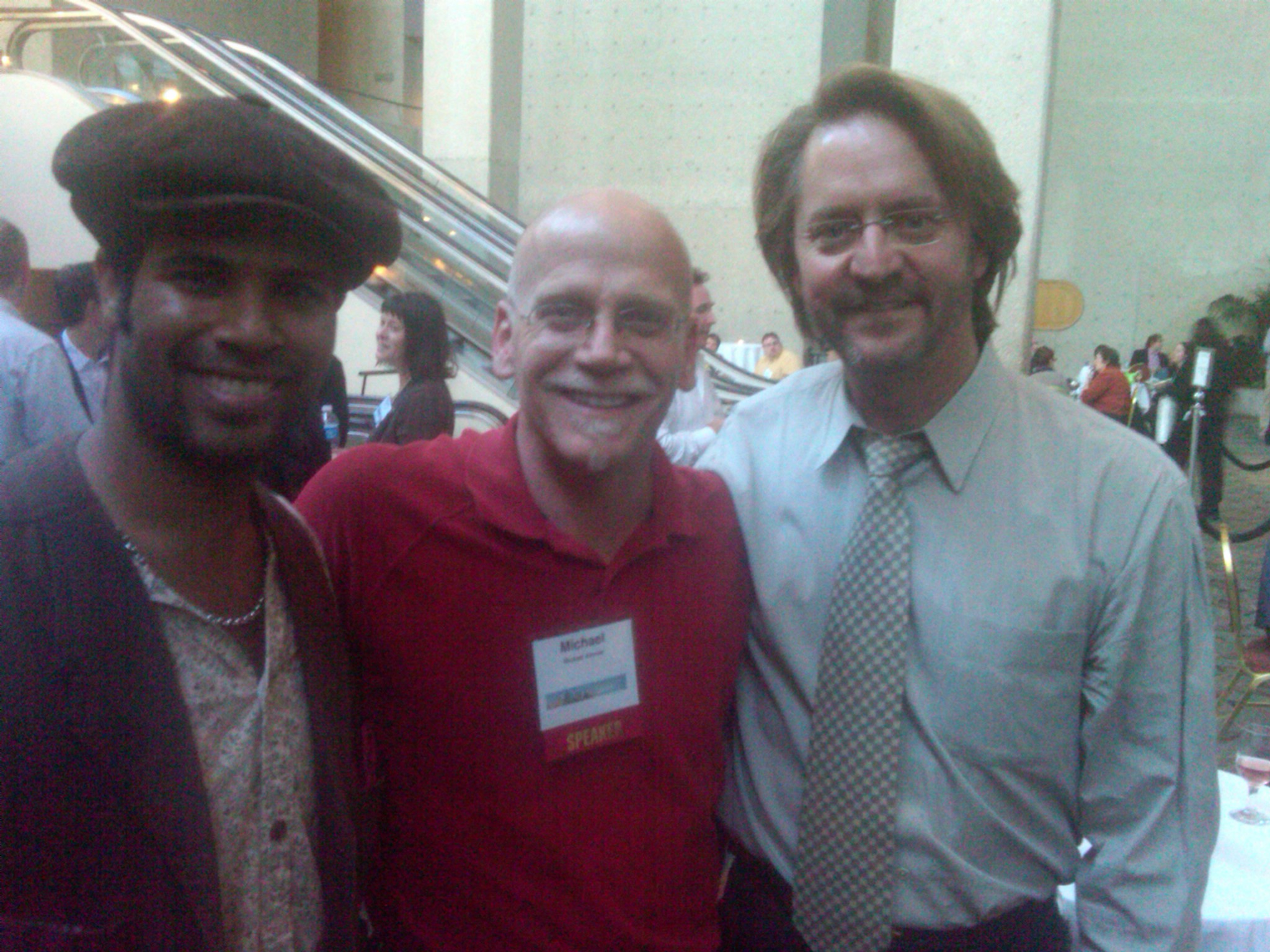
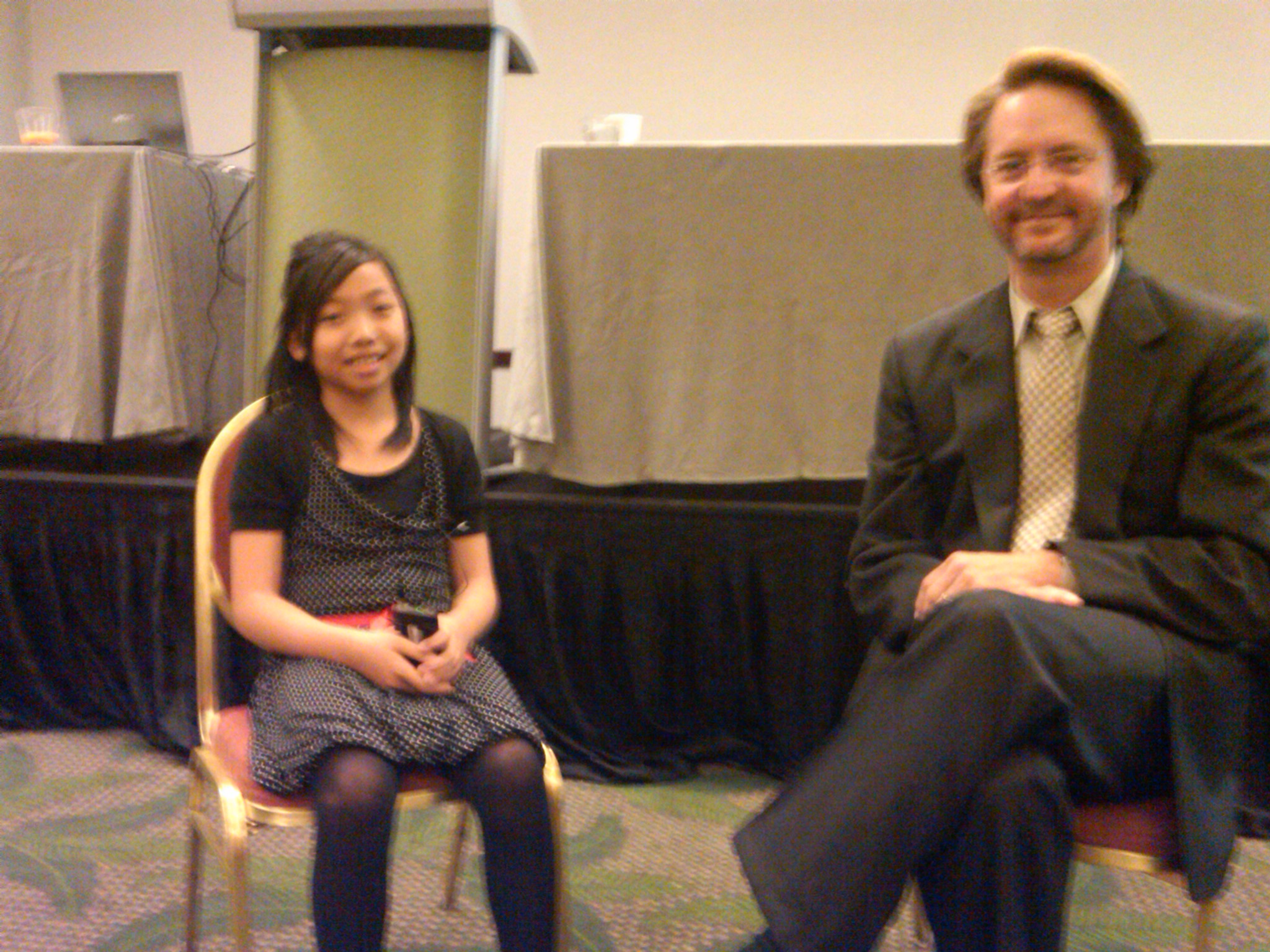
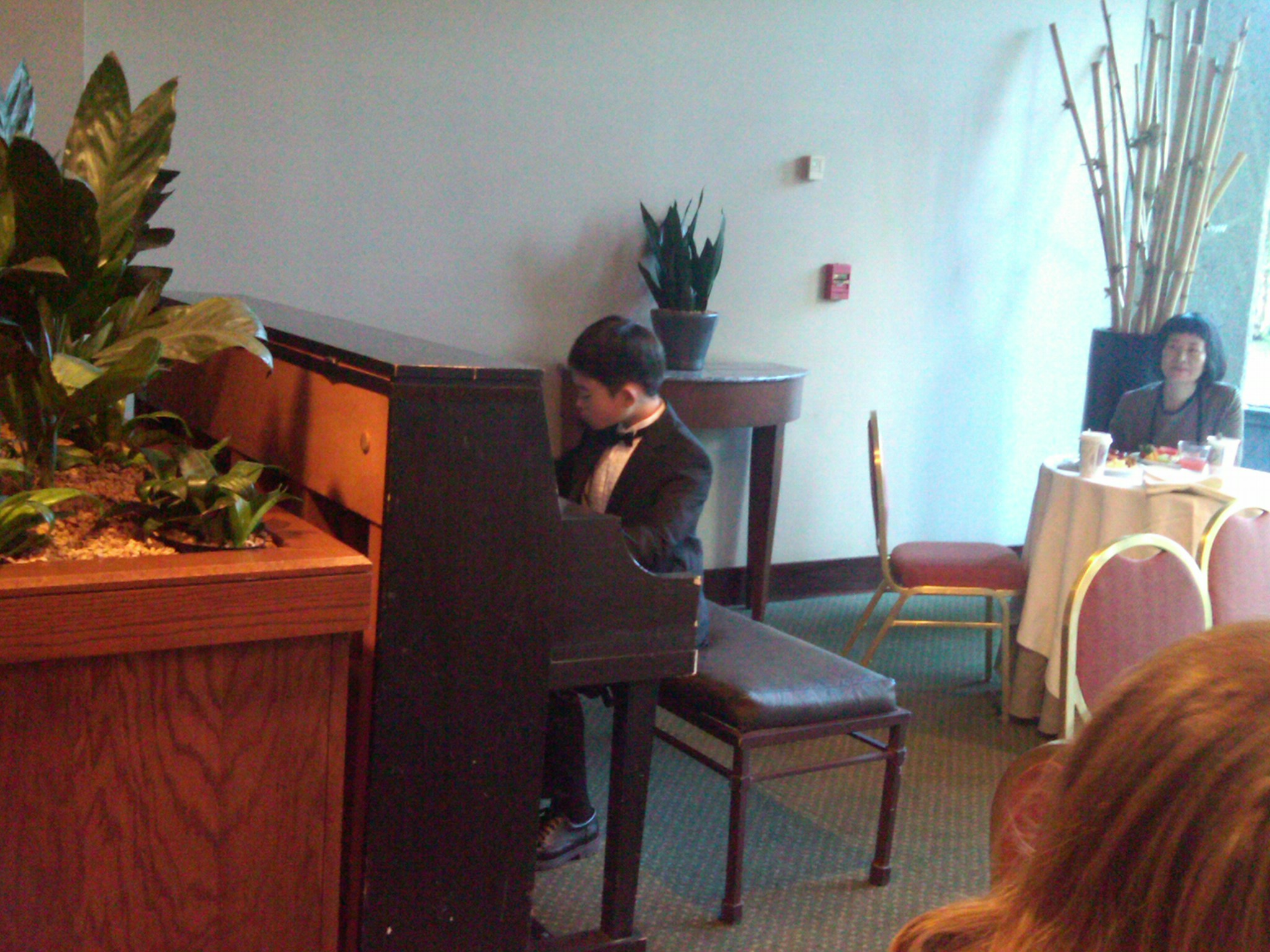
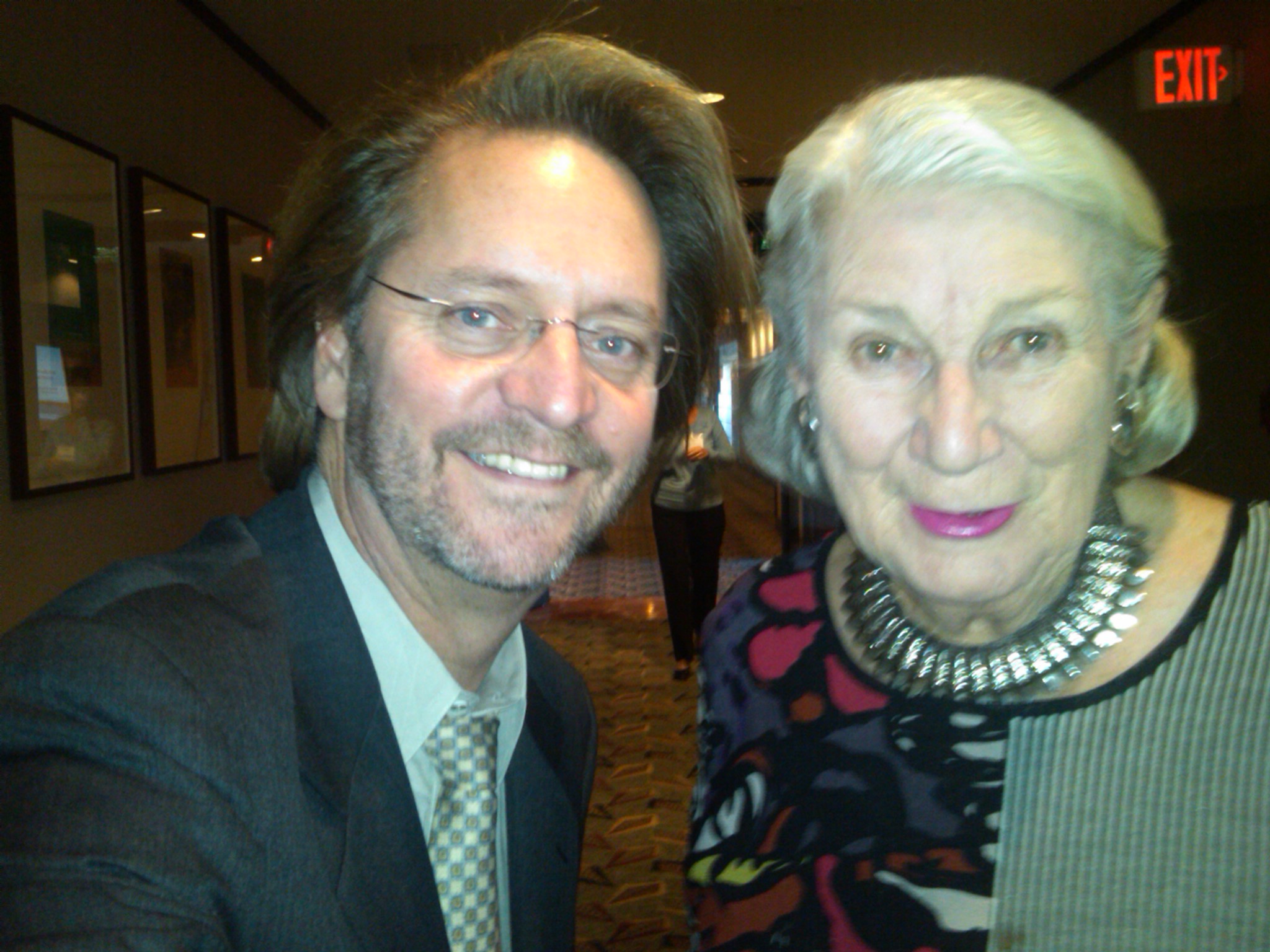
.jpg)
.jpg)


.gif)



